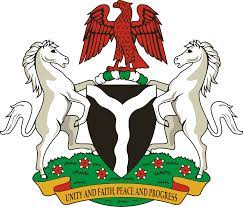ABOUT THE CHIPS PROGRAMME
STRATEGIC APPROACH

Principles of the CHIPS Programme
2. Volunteerism
CHIPS GOVERNANCE AND COORDINATION
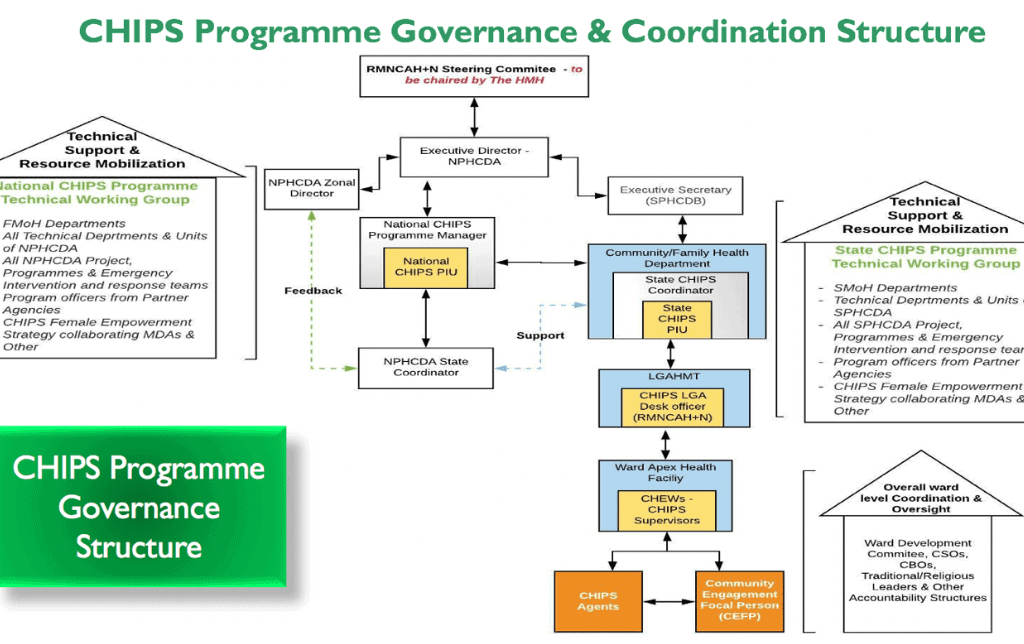
1. National Level
- Operations
- Capacity Building
- Communication and Demand Creation
- Costing & Finance
- Female Empowerment
- Logistics
2. State Level
3. LGA Level
4. Ward Level
CURRENT STATUS OF CHIPS PROGRAMME IMPLEMENTATION
- 13 States have completed the training of a total of 8,289 CHIPS Agents and 1,218 CEFPS across 145 LGAs in 886 Wards.
- 8 states – Nasarawa, Niger, Kano, Gombe, Yobe, Sokoto, Kaduna and Borno have deployed CHIPS personnel
- 5 states – Adamawa, Bauchi, Osun, Ebonyi & Jigawa have completed training of selected CHIPS Personnel but are yet to deploy to commence service provision
- An additional 702 CHIPS Agents and 120 CEFPs have been selected in 3 States (Taraba, Ondo & Kwara), across 21 LGAs in 54 wards
- Abia has conducted STOT, while the activity is ongoing in Delta & Kastina States
KEY CHIPS PROGRAMME ACTIVITIES
iCCM–CHIPS Harmonisation


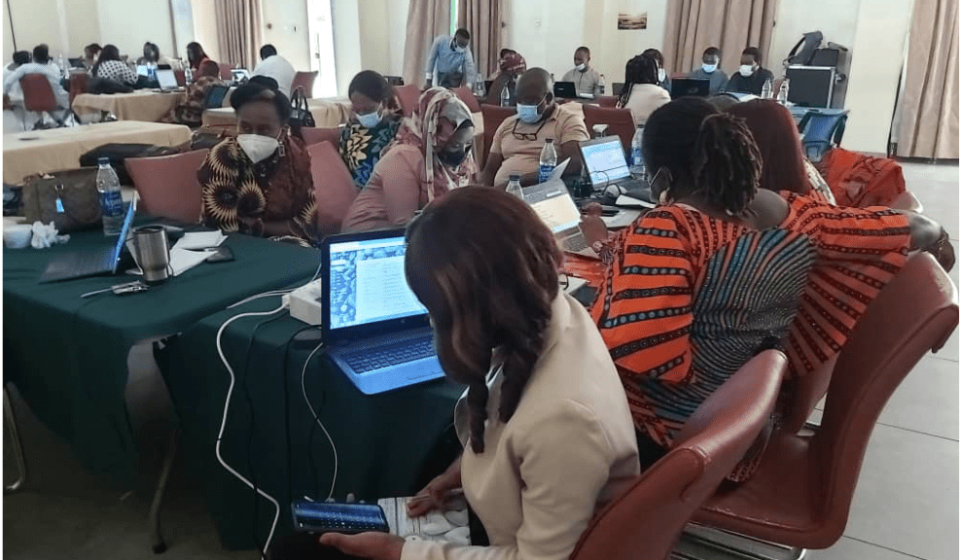
Ongoing State Implementation Activities
1. Selection and Training of CHIPs Personnel in Kwara State and Ondo State

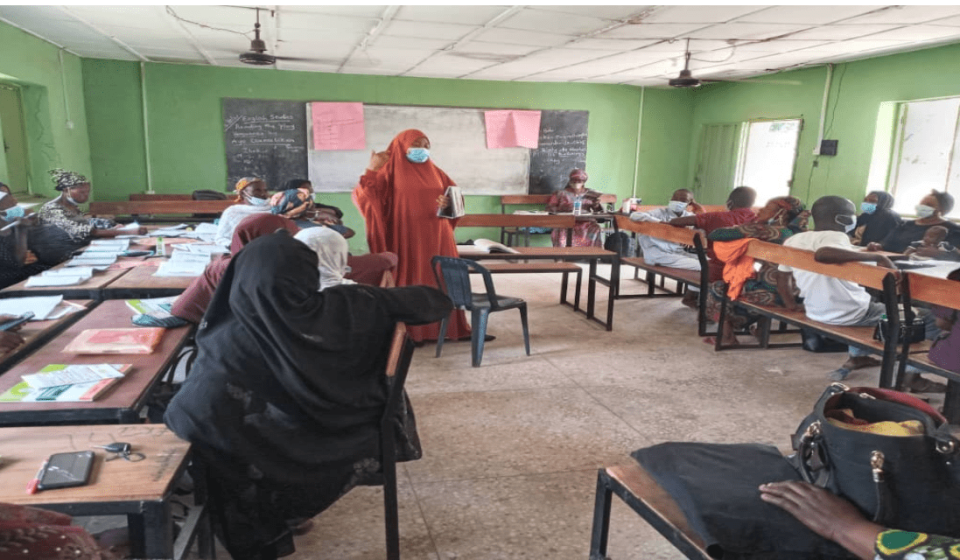




2. State Level Training of Trainers in Delta State and Katsina State
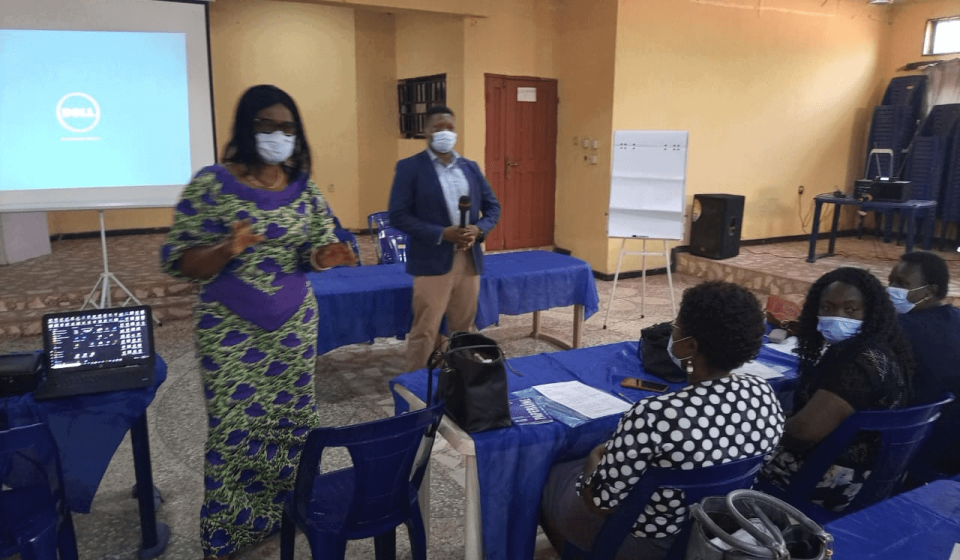
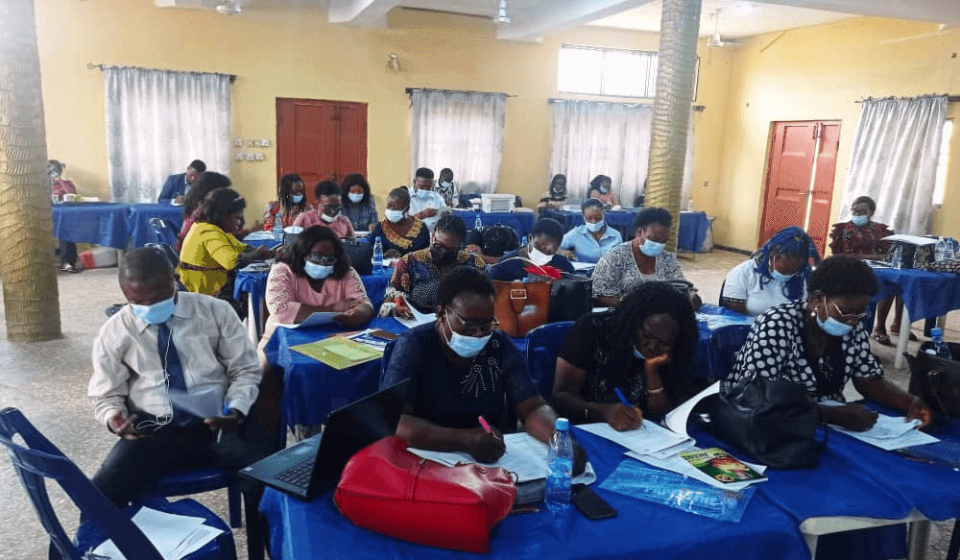
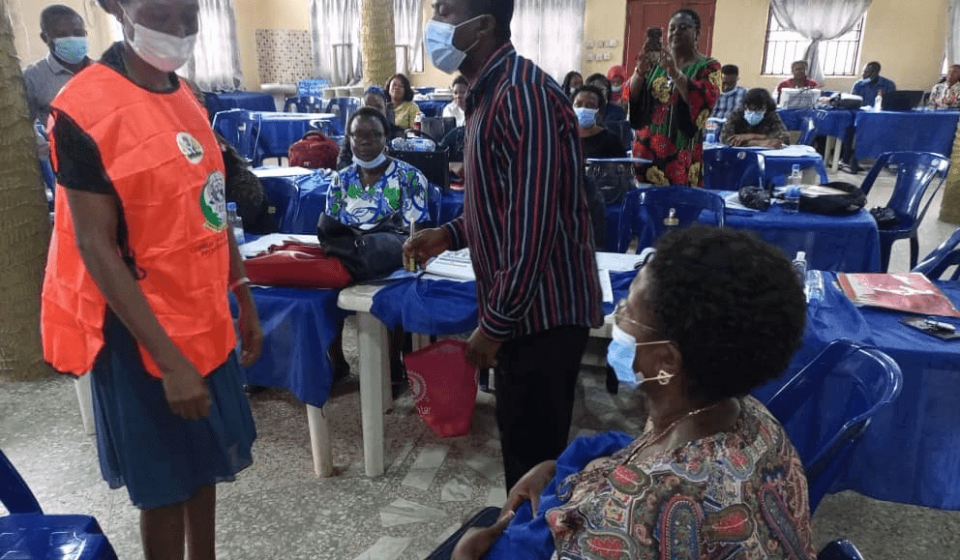
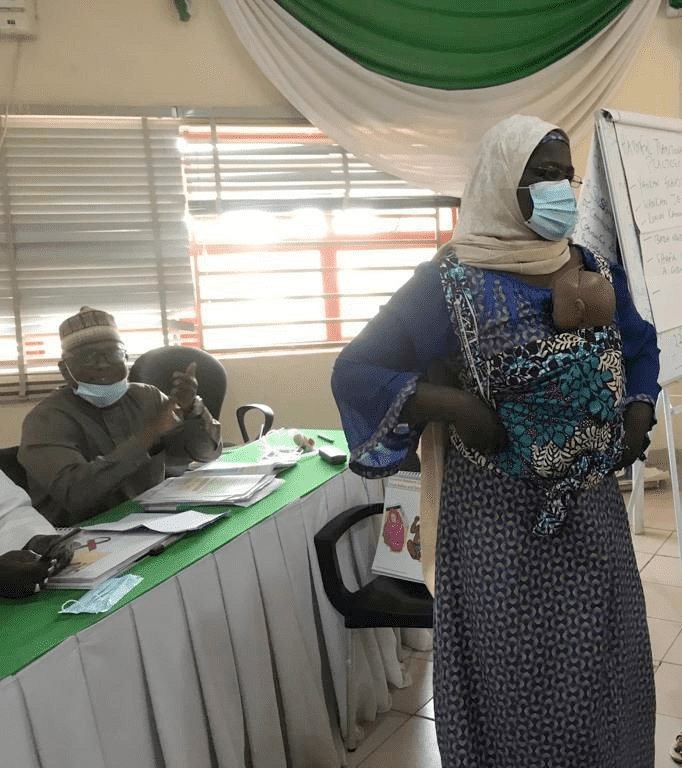
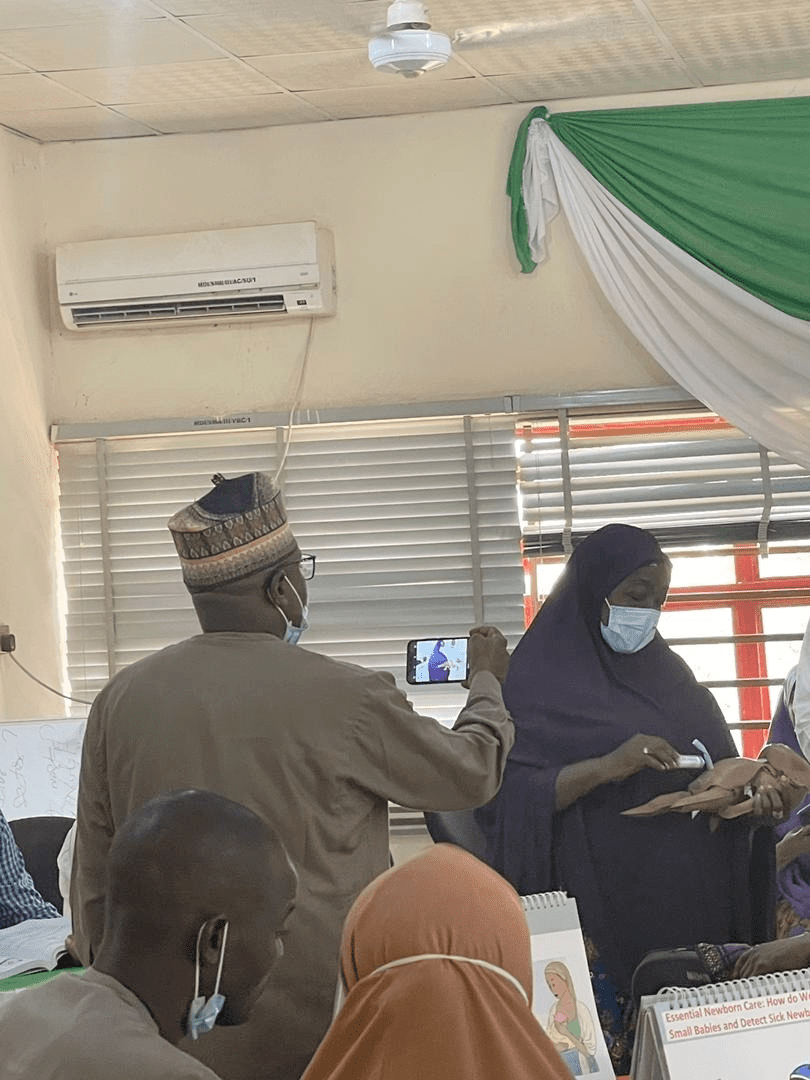
3. Selection and Training of additional CHIPS Personnel in Kaduna and Borno State
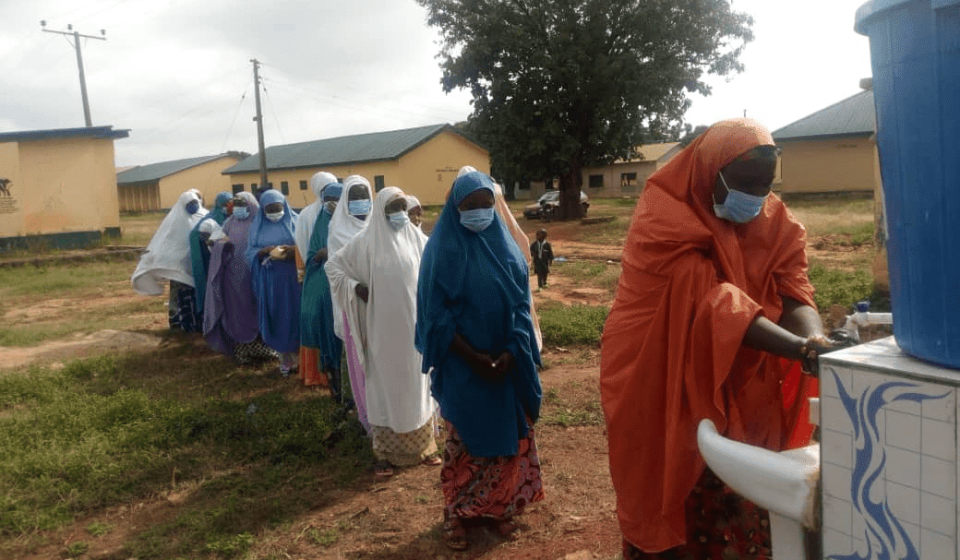
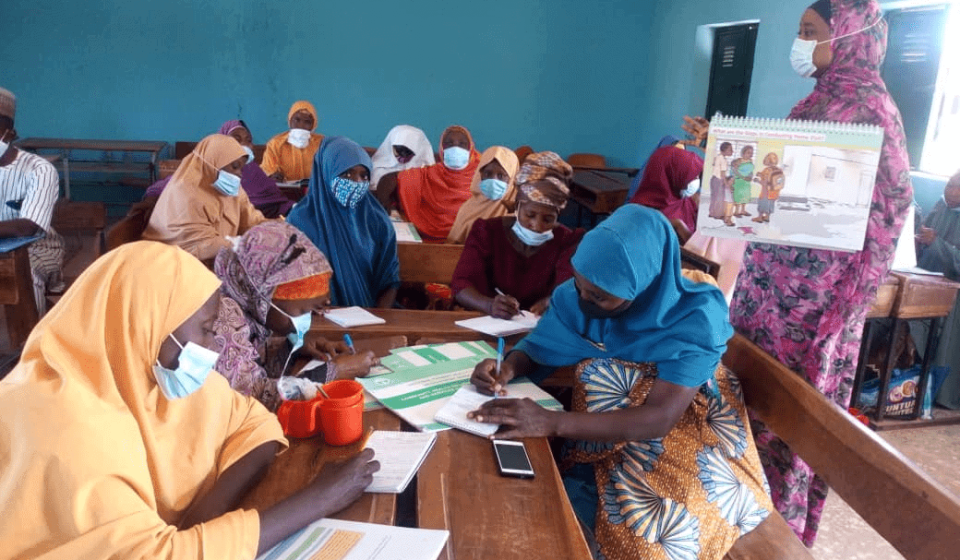
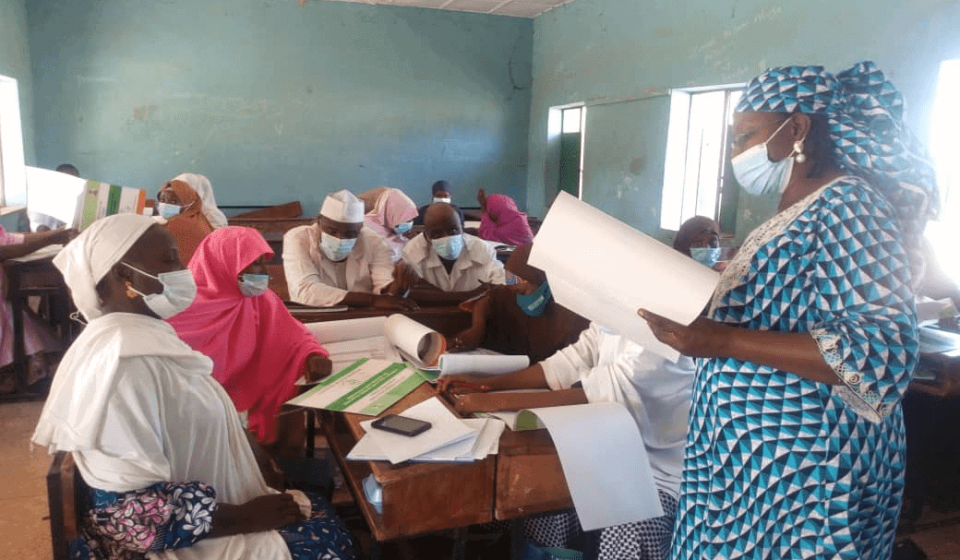


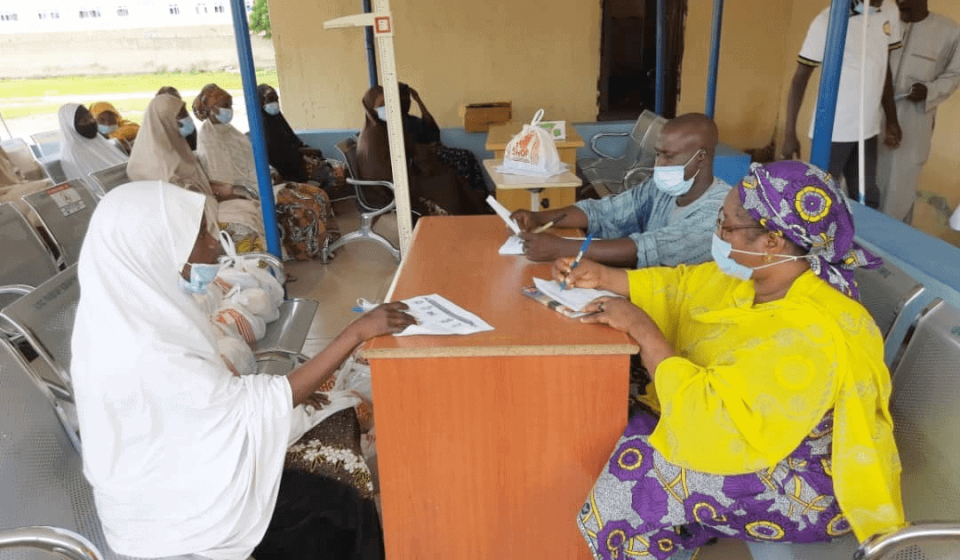
GOAL AND OBJECTIVES
- Equitably expand access to basic PHC services in Nigeria, especially at the community level
- Increase demand for PHC services by individuals and households
- Foster community participation and ownership of the Programme
- Promote female empowerment and socio-economic development
- Promote public-private partnership in primary health care development, especially at community level
CHIPS PROGRAMME PILLARS AND PRINCIPLES
Pillars of the CHIPS Programme
1. Health Pillar
2. Female Empowerment Pillar
To ensure sustainability of the programme, which is primarily based on volunteerism,
strategies have been set up to empower the CHIPS Agents by providing skills acquisition
training and literacy schemes. Though CHIPS Agents are supported with stipends to cover
transportation and communication costs incurred in the course of service provision,
educational and economic empowerment is needed to contribute to their socio-economic
development, and ensure the CHIPS Agents are fully supported to serve their communities
as volunteers.
CHIPS PERSONNEL
CHIPS Agents are members/residents of the community who are nominated, assessed,
selected, trained, kitted, deployed, mentored and supervised to provide basic health services through home visits to the members of their community (mainly household), and refer them for appropriate services at Primary Health Care Facilities.
They are mainly women, well-respected, able to read and write, good communicators, with
interest in helping their communities.
2. Community Engagement Focal Persons
CHIPS Agents and CEFPs are nominated by the community members, Ward Development Committees, and traditional leaders, then selected through a rigorous process using Nationally recommended selection criteria.

